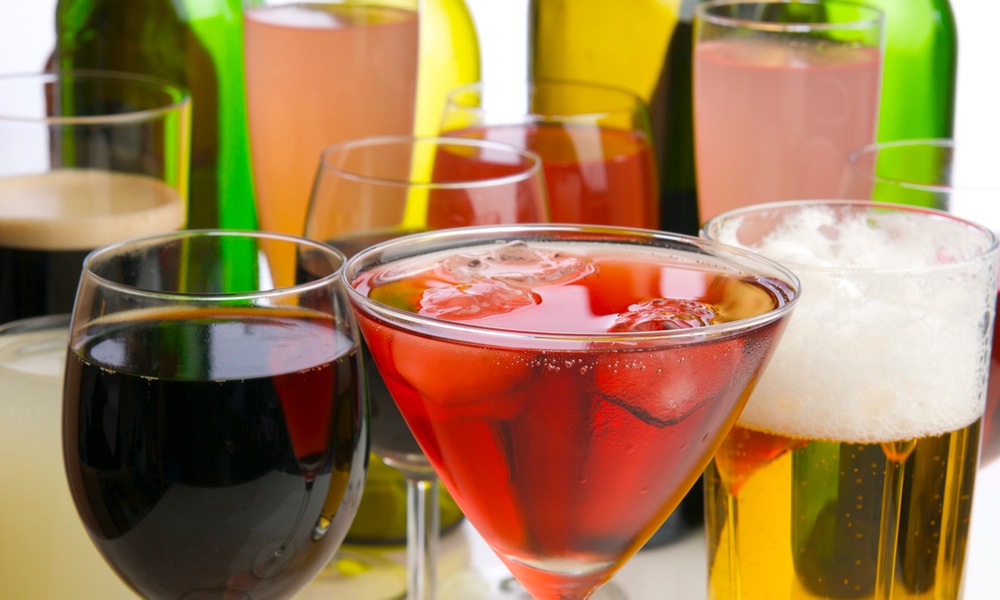Heavy drinking doesn't just harm your liver. It damages your pancreas, too.
Drinking a great deal of alcohol daily and over a long period of time can damage cells that produce digestive enzymes in the pancreas. This damage to these acinar cells can lead to pancreatitis, inflammation of the pancreas. That, in turn can cause precancerous lesions and eventually cancer in acinar cells. Studies have found that CREB, a DNA-binding protein that mediates gene expression, may be responsible for the development of precancerous lesions.
CREB inhibition may prevent or delay the development of pancreatic cancer associated with alcohol consumption, researchers at the University of Miami and the University of Kansas have found. The findings suggest compounds that inhibit CREB have potential as treatments for pancreatic cancer.
“We believe this study lays the groundwork for future efforts targeting CREB as a therapy for inflammation-associated pancreatic cancer,” Nipun Merchant, a coauthor on the study and associate director of translational science and chief of surgical oncology at the University of Miami, said in a statement.The findings suggest compounds that have potential as treatments for pancreatic cancer.
Using genetically-engineered mouse models of alcoholic pancreatitis, the researchers created precancerous lesions on the pancreas. Mice exposed to alcohol and a proinflammatory molecule called caerulein developed symptoms similar to those of pancreatitis. They later developed precancerous lesions and pancreatic cancer.
Pancreatitis-associated damage to the acinar cells was reduced when researchers inhibited CREB by knocking out the Creb gene, even though the mice continued to be exposed to alcohol. Knocking out the Creb gene also slowed the development of precancerous and cancerous lesions associated in mouse models with a mutation in the Kras oncogene.
“CREB is not just a mediator of inflammation; it is a molecular orchestrator that permanently converts acinar cells into precancerous cells that progress to cancer,” Nagaraj Nagathihalli, senior author on the study and an associate professor of surgery and assistant director of the Sylvester Pancreatic Cancer Research Institute at the University of Miami, told TheDoctor.Mice exposed to alcohol and a proinflammatory molecule called caerulein developed symptoms similar to those of pancreatitis. They later developed precancerous lesions and pancreatic cancer.
Nagathihalli said his team is screening potential CREB inhibitors to see if they can be combined with the standard pancreatic cancer therapies. The researchers also hope to learn more about how alcohol use contributes to the development of pancreatic cancer. The process, Nagathihalli added, may be similar in both mouse models and human cells and tissues, and a similar process may be involved in other alcohol-related cancers.
The study is published in Cellular and Molecular Gastroenterology and Hepatology.





